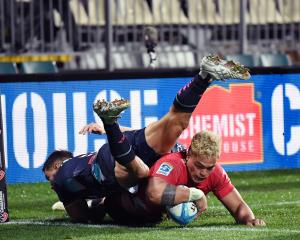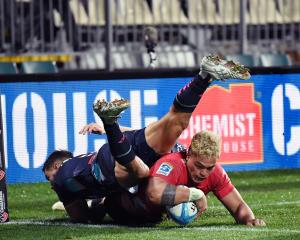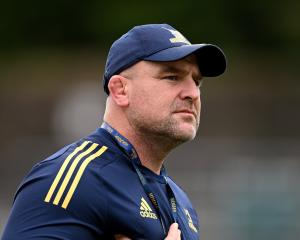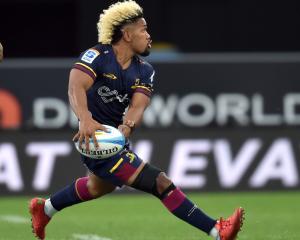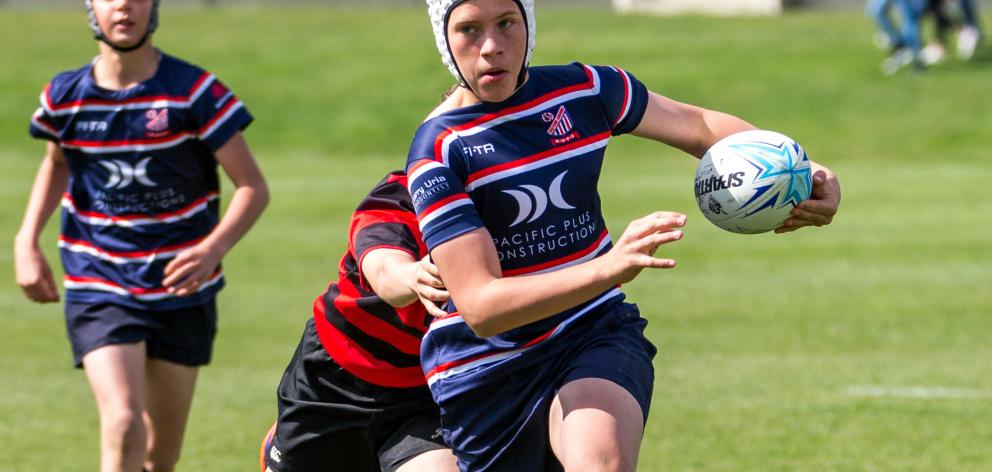
New Zealand secondary school rugby coaching focuses only on technical skills rather than also developing social skills and resilience, says a researcher who made a comparison with Japan.
Dr Blake Bennett, of the University of Canterbury, studied high school rugby in both countries for his doctoral degree, interviewing coaches to detect their influences and intentions.
"With New Zealand coaches, their focus appeared to be placed on skill development and discipline with no overt mention of the types of social and cultural learning that, historically, has been used to justify rugby as a sport offered in secondary schools," said Bennett, of the university's College of Education, Health and Human Development.
"In contrast, the Japanese coaches suggested that character development, tenacity, and a range of social benefits were the primary focus of their coaching approaches."
"The potential for participation in such sports could offer more social and cultural development of New Zealand's young males."
"For instance, learning could focus more on leadership, cultural awareness, social interaction, coping skills under pressure and in the face of defeat, and so on. However, without explicit mention of these potential learning outcomes, the literature strongly suggests that such learning will not be naturally transferred to players. Instead, the notion of sport participation becomes limited to technical ability."
College Sport Auckland chief executive Dave Currie said, "Our view is that the core of secondary school sport is that it's fun with your mates and enjoying it."
"The most important thing about sport, particularly school sport, is that you experience a whole range of sports and find something you are passionate about and you have got some sporting activity for life."
Sport probably helped develop resilience and character and other positive things, he said, but it was hard to tell, and there was a risk of over-thinking the purpose of sport.
"I look back and think where did I develop close friendships and relationships I have got, with males particularly, and it was in that sporting environment.
Bennett said Japanese coaches employed the ideology of "seishin", which emphasises holistic education and the cultivation of the mind through harsh physical practices.
It was suggested seishin was a way to encourage vigour, positive attitudes towards hard work, and overall vitality in the young men playing rugby.
They suggested the rugby experience at secondary school age would fulfil the objective of "ningen keisei" - character development - that would in turn lead to socially balanced and tenacious young men, ready to contribute to society.
Conversely, Blake said, the New Zealand data revealed a strong focus on developing correct technique and skills. Many coaches attempted to maintain control of their sessions, and few were willing to break away from traditional coaching approaches to allow more player empowerment.
This was significant, as many initiatives in New Zealand sport coaching and rugby emphasised athlete-centred approaches that aimed to empower players to make their own decisions about their training and learning.
New Zealand coaches spoke much less frequently of development beyond the physical or technical, and instead communicated their intentions as a coach to develop technical proficiency for the purpose of safety and strategic ability.

